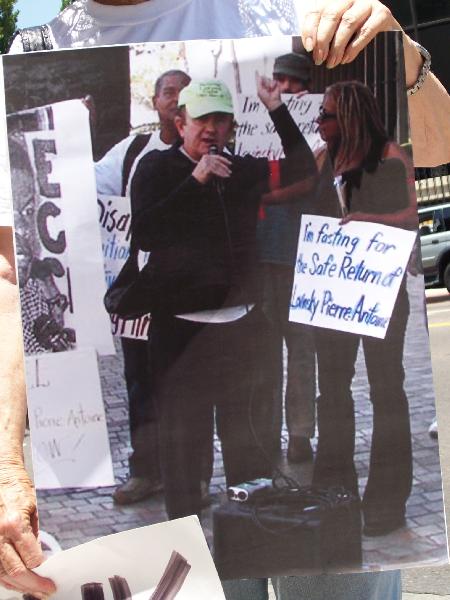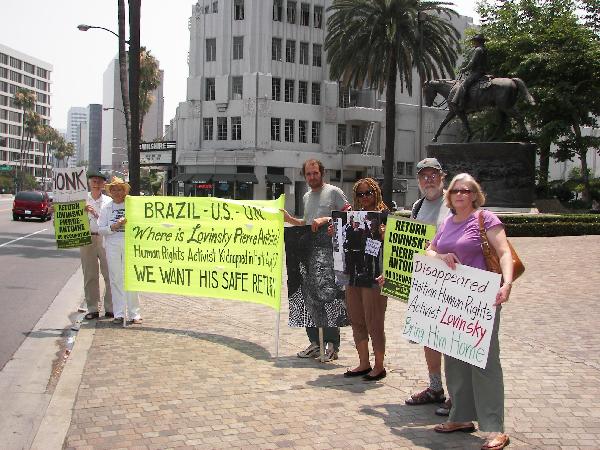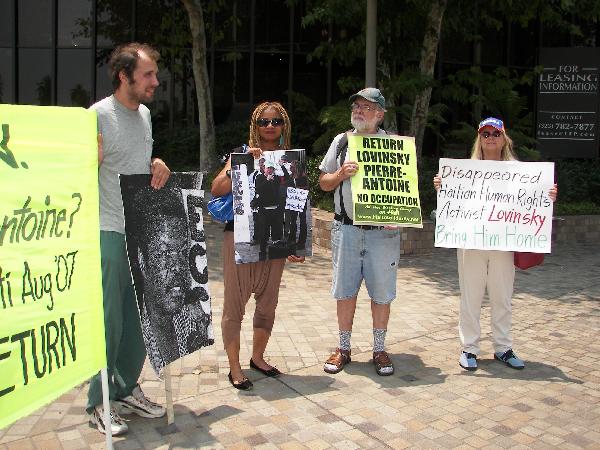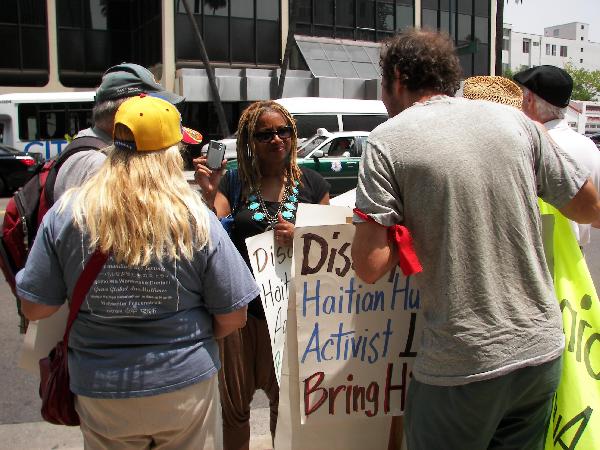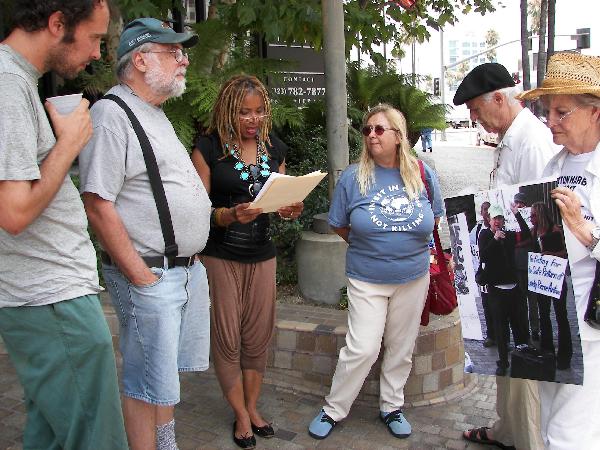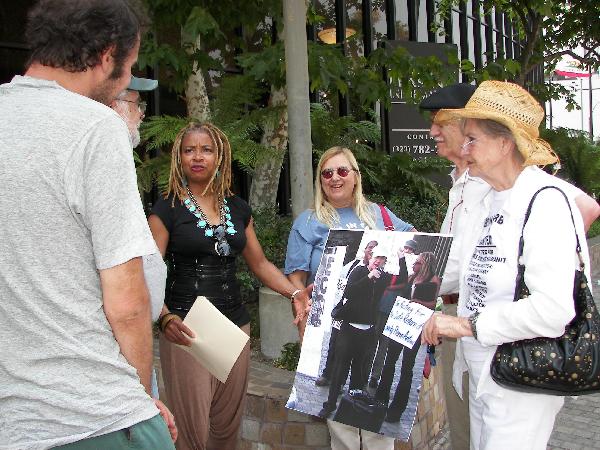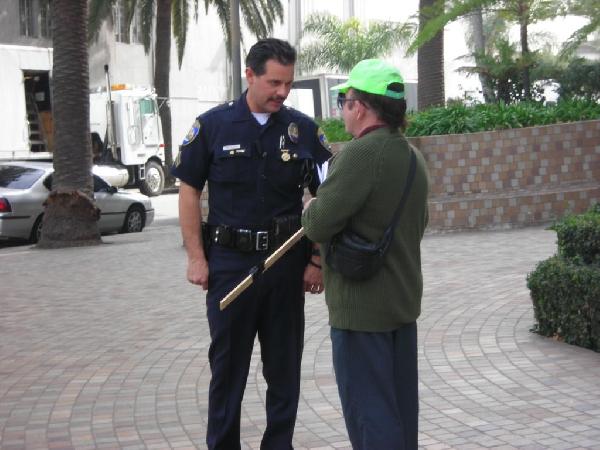| About Us | Contact Us | Calendar | Publish | RSS |
|---|
|
Features • latest news • best of news • syndication • commentary Feature Categories IMC Network:
Original Citieswww.indymedia.org africa: ambazonia canarias estrecho / madiaq kenya nigeria south africa canada: hamilton london, ontario maritimes montreal ontario ottawa quebec thunder bay vancouver victoria windsor winnipeg east asia: burma jakarta japan korea manila qc europe: abruzzo alacant andorra antwerpen armenia athens austria barcelona belarus belgium belgrade bristol brussels bulgaria calabria croatia cyprus emilia-romagna estrecho / madiaq euskal herria galiza germany grenoble hungary ireland istanbul italy la plana liege liguria lille linksunten lombardia london madrid malta marseille nantes napoli netherlands nice northern england norway oost-vlaanderen paris/Île-de-france patras piemonte poland portugal roma romania russia saint-petersburg scotland sverige switzerland thessaloniki torun toscana toulouse ukraine united kingdom valencia latin america: argentina bolivia chiapas chile chile sur cmi brasil colombia ecuador mexico peru puerto rico qollasuyu rosario santiago tijuana uruguay valparaiso venezuela venezuela oceania: adelaide aotearoa brisbane burma darwin jakarta manila melbourne perth qc sydney south asia: india mumbai united states: arizona arkansas asheville atlanta austin baltimore big muddy binghamton boston buffalo charlottesville chicago cleveland colorado columbus dc hawaii houston hudson mohawk kansas city la madison maine miami michigan milwaukee minneapolis/st. paul new hampshire new jersey new mexico new orleans north carolina north texas nyc oklahoma philadelphia pittsburgh portland richmond rochester rogue valley saint louis san diego san francisco san francisco bay area santa barbara santa cruz, ca sarasota seattle tampa bay tennessee urbana-champaign vermont western mass worcester west asia: armenia beirut israel palestine process: fbi/legal updates mailing lists process & imc docs tech volunteer projects: print radio satellite tv video regions: oceania united states topics: biotechSurviving Citieswww.indymedia.org africa: canada: quebec east asia: japan europe: athens barcelona belgium bristol brussels cyprus germany grenoble ireland istanbul lille linksunten nantes netherlands norway portugal united kingdom latin america: argentina cmi brasil rosario oceania: aotearoa united states: austin big muddy binghamton boston chicago columbus la michigan nyc portland rochester saint louis san diego san francisco bay area santa cruz, ca tennessee urbana-champaign worcester west asia: palestine process: fbi/legal updates process & imc docs projects: radio satellite tv |
printable version
- js reader version
- view hidden posts
- tags and related articles
Don White Remembered at Weekly Vigil for Haitiby R of the Northeast LA Radical Neighbors Friday, Jul. 11, 2008 at 6:02 PMDon White was one of the organizers and regular participants of the weekly vigil calling for the release of Haitian human rights activist Lovinsky Pierre-Antoine. In the wake of Don's passing on June 19th, the vigil has been paying tribute to him.
Don White was one of the organizers and regular participants of the weekly vigil calling for the release of Haitian human rights activist Lovinsky Pierre-Antoine. One of his ideas was the large florescent banner that we display each week.
In the wake of Don's passing on June 19th, the vigil has been paying tribute to him. We hold a picture of him each week (see above). At our June 26 vigil, we got a call from Wilson in Haiti to express his regret. Wilson, a colleague and friend of Lovinksy's, phoned us at his own expense. Pierre Labossiere, also on line, translated for him. After that vigil vigil we shared memories of Don. For some of us, our last memory of him was at our June 12 vigil: he needed to leave slightly early to avoid getting a parking ticket. Margaret Prescod read a statement that Don gave almost exactly three years earlier at; The New Haitian Revolution event here in Los Angeles. (IndyMedia coverage of it can be found here: http://la.indymedia.org/news/2005/10/137011.php (part 1) and here: http://la.indymedia.org/news/2005/10/137012.php (part 2).) This statement has resonated with me in the ensuing years (and has given me some hope and inspiration) and obviously has resonated with others, too. Don White: “. . . We know that no struggle has reflected more pain or more human sacrifice. Also, no struggle has been as historic and heroic as the struggle of Haiti. And it is an inspiration to the world that a people will continue to struggle against overwhelming adversity, not taking a step backward but moving forward and telling the world that we're not going to take what's happening to us through U.S. imperialism, U.S. policy, and so on. It's a struggle against overwhelming adversity, but it's a heroic and an inspiring story. It tells us that the people of the south and the people of the Caribbean are showing us the way here in the United States. We're learning what it is to resist. [Applause.] We're learning what it is to stand up and say, 'No more.' And in El Salvador, we see the same thing and in Honduras [and] in Bolivia, were the indigenous people have brought down two presidents [applause and shouting] while we're still putting up with the same one! And in Venezuela, [applause] where a 100,000 people surrounded the palace and said, 'Bring our president back.' But tonight we're focusing on the people of Haiti. We see now that it's the poor, it's the campesinos, it's the indigenous, it's the people of color, it's the working class that is really standing up to neoliberalism, to war, and to trade policies that eke more misery among the poor. What we're seeing in Haiti is a reflection of how in the world today, the poorer you are, the braver you are; the more vulnerable you are, the bolder you are. Here in the United States we've gotten kind of comfortable, but in Latin America [and] in the Caribbean, we're seeing [that] the more danger you face in your political activity, the more militant you become in the face not only of adversity but in the face of death.”
Report this post as:
Our first vigil after Don White's passingby R of the Northeast LA Radical Neighbors Friday, Jul. 11, 2008 at 6:02 PM
error
Report this post as:
Don White is now in our collection of signsby R of the Northeast LA Radical Neighbors Friday, Jul. 11, 2008 at 6:02 PM
error
Report this post as:
A long-distance call from Haiti expressing regretby R of the Northeast LA Radical Neighbors Friday, Jul. 11, 2008 at 6:02 PM
error
Report this post as:
Remembering Donby R of the Northeast LA Radical Neighbors Friday, Jul. 11, 2008 at 6:02 PM
error
Report this post as:
Remembering Don cont'dby R of the Northeast LA Radical Neighbors Friday, Jul. 11, 2008 at 6:02 PM
error
Report this post as:
Don White and a cop (February 2007)by R of the Northeast LA Radical Neighbors Friday, Jul. 11, 2008 at 6:02 PM
Although Don was not an imposing presence, he made some of us feel safer when cops came around. This picture was taken at another vigil concerning Haiti in February 2007 (i.e., the anniversary of the U.S.-sponsored coup against Haitian President Aristide).
Report this post as:
|



